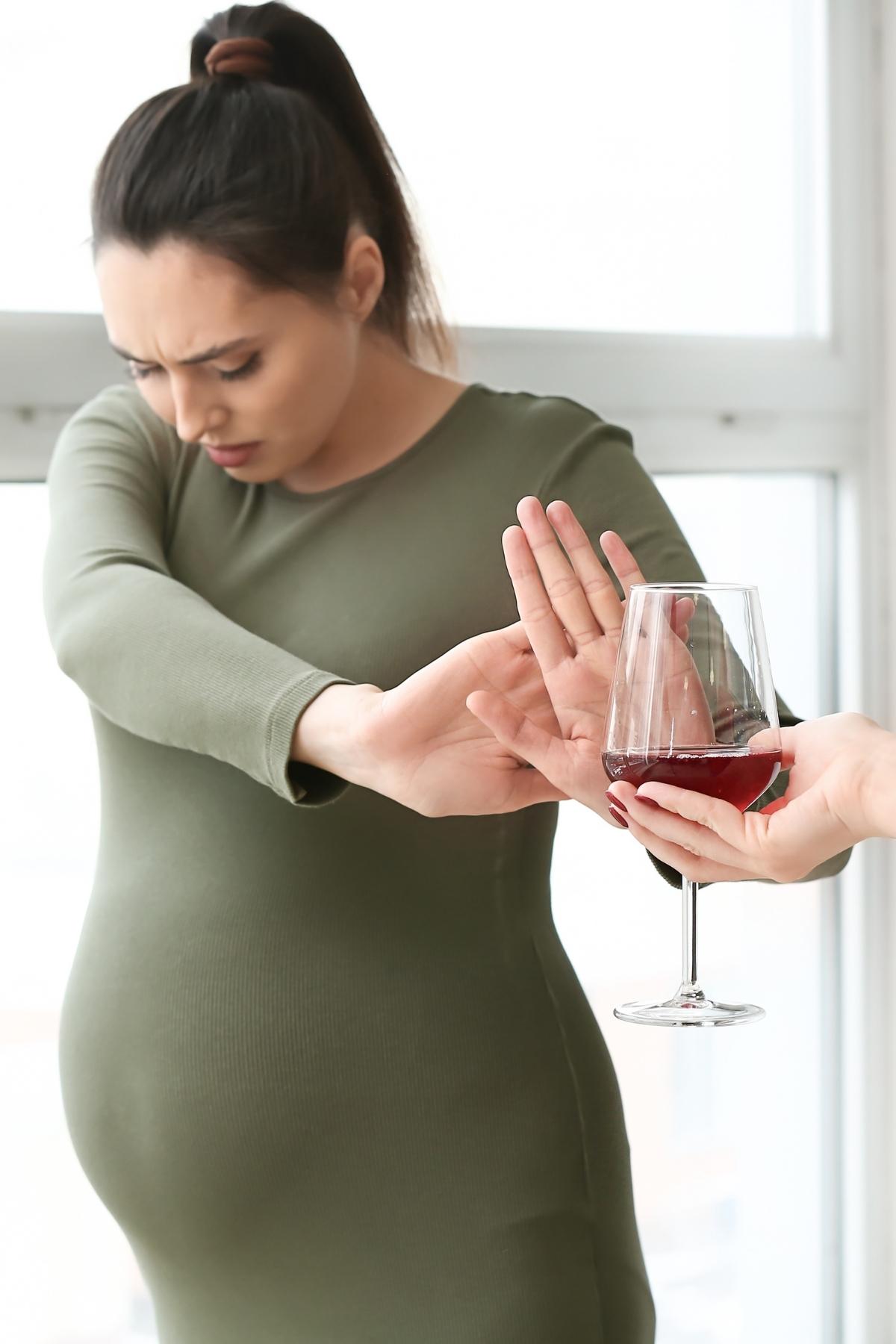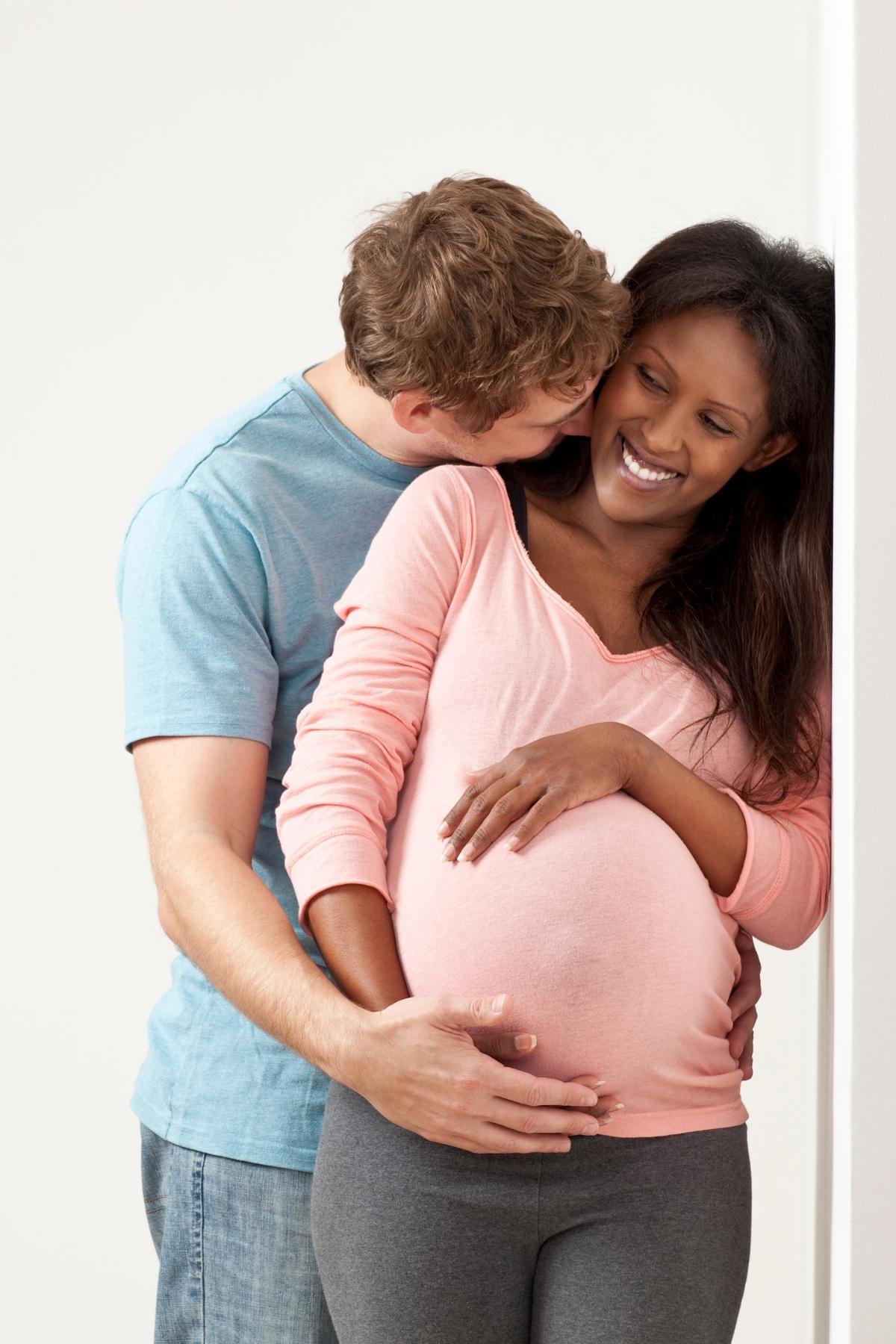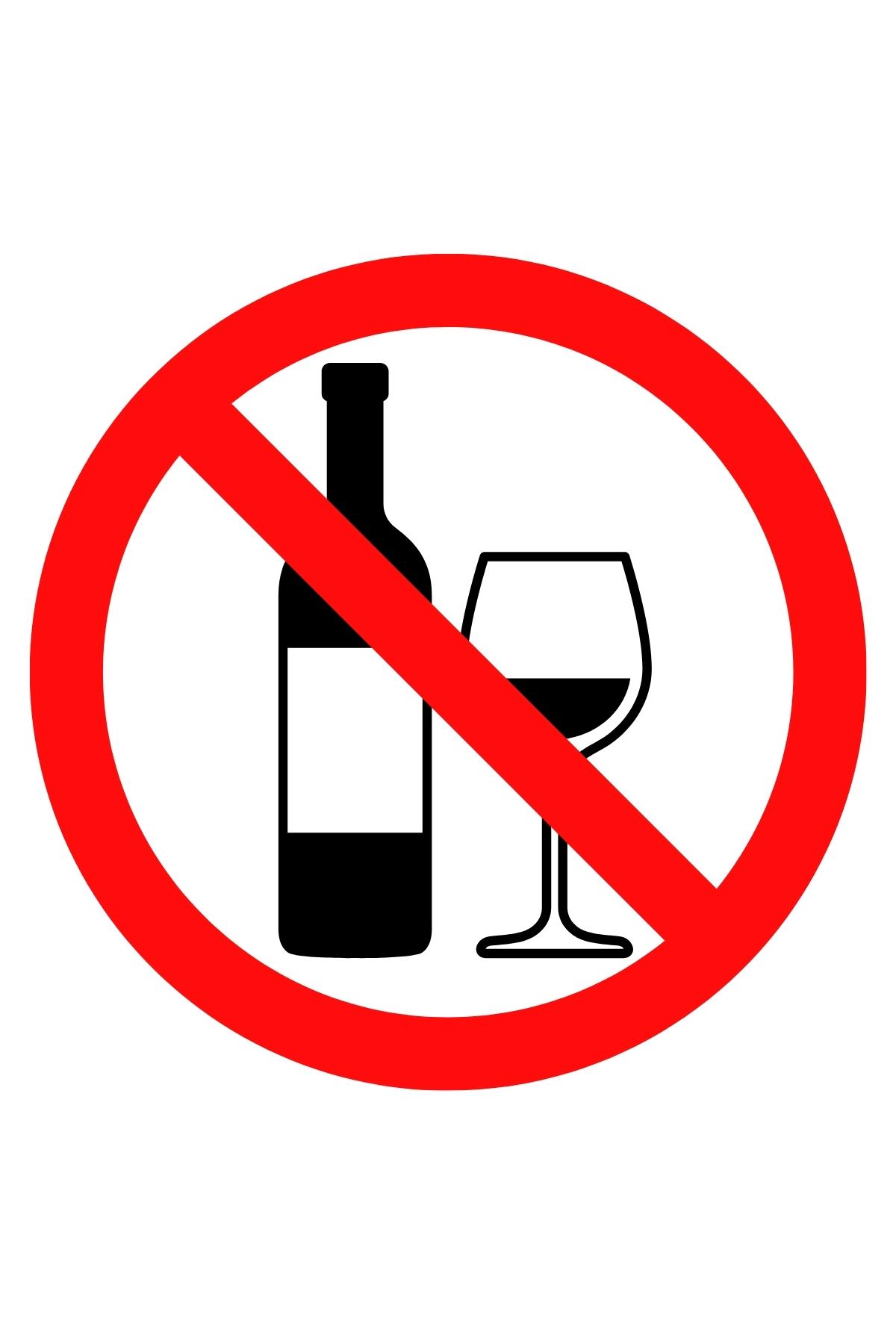
There’s a lot of misinformation out there, but the research is clear.
Scientists have determined there is no safe amount of alcohol during pregnancy, no safe time to drink alcohol during pregnancy and no safe type of alcohol during pregnancy. 1
Alcohol is a teratogen, which is classified as any substance that can cause birth defects following fetal exposure during pregnancy.
Tobacco, lead and alcohol are all classified as teratogens.
This article is brought to you by my friends at Proof Alliance, where I proudly serve as a Proof Alliance Prevention Ambassador.
Drinking Wine While Pregnant
‘Can you drink wine while pregnant?’ is a common question. Here we discuss why we recommend abstaining – unless you are drinking alcohol free wine of course.
Drinking wine (or any alcohol) during pregnancy, even at low levels, can have serious effects on how the fetus develops.
A 2022 study published in The Journal of the American Medical Association found that even one standard serving of alcohol per week of pregnancy can cause changes to the brain and impact behavior in children. 12
It can harm different organs, but it is especially harmful to the brain. These effects on the brain can lead to mild to severe disabilities.
Drinking any alcohol at any point during pregnancy can lead to fetal alcohol spectrum disorders, or FASD – a range of birth defects with effects that are lifelong and irreversible.
FASD is far more common than you might think. To put it in perspective, in the US:
- 1 in people 700 have Down syndrome 6
- 1 in 48 people have autism 7
- 1 in 20 people have fetal alcohol spectrum disorder (FASD) 8
How does Wine affect the developing baby?
Alcohol crosses through the placenta and affects how a baby develops.
It can be especially harmful to the baby’s brain, which is developing throughout the entire pregnancy. When alcohol is consumed during pregnancy, that baby then has prenatal alcohol exposure.
When it comes to long-term effects on a fetus, alcohol is more harmful than heroin, tobacco or fentanyl. Whilst most infants withdraw from the aforementioned drugs, FASD is a lifelong condition. 11
You can see what is developing at each stage of pregnancy here.
People who have been exposed to alcohol while in utero may have trouble with things like:
- Attention
- Behavior
- Learning
- Language
- Memory
Drinking wine during pregnancy can also cause:
- Heart problems
- Increased risk of infections
- Difficulty with movement
- Other health issues
I drank Wine before I knew I was pregnant – what now?
If you drank alcohol before your pregnancy was known, don’t panic!
The safest choice for you and your baby is to stop drinking immediately and speak with your doctor or health care provider about your concerns. You can also switch to non-alcoholic white wine if you still want a special drink.

Drinking in early pregnancy without knowing you were pregnant is a common concern.
Most people don’t find out they’re pregnant until four weeks or more into the pregnancy. They may drink alcohol during that time without knowing they are pregnant.
For this reason, it is also recommended that you avoid any alcohol while you are trying to conceive.
Many doctors will even suggest that males avoid alcohol use when trying to conceive, with some research suggesting that sperm affected by alcohol can cause issues for the developing fetus.
No Safe Time, No Safe Amount
Any amount of alcohol, even if it’s just one glass of wine, passes from the pregnant person to the fetus. All major health groups state that there is no known safe amount of alcohol during pregnancy. 14
These health groups include:
- World Health Organization
- Australian Medical Association
- Australian Government Department of Health
- Centers for Disease Control (CDC)

There is no safe time to drink during pregnancy. Drinking during any of the three trimesters can affect the fetus. It makes no difference if the alcohol is wine, beer or hard liquor (like vodka or rum).12
Celebrating Alcohol-Free Pregnancies
Pregnancy is such an exciting time.
We know that you want what’s best for your baby, and one of the most important ways to have a healthier pregnancy is by choosing not to drink alcohol.
Choosing an alcohol-free pregnancy helps protect your baby’s brain and development, and it can help you be healthier, too!
Fortunately, there are ever-increasing options available when it comes to alcohol-free drinks, activities and supportive communities.
Learn how to support pregnant friends and loved ones here.
So, can I drink wine while pregnant?
In summary, pregnant people should avoid drinking wine, or any other form of alcohol, for the duration of their pregnancy.
While there is a lot of misinformation out there, we have the Proof. There is now overwhelming evidence that alcohol consumption, even at low levels, can be damaging to a growing fetus.
Interested in learning more?
Proof Alliance is a nonprofit committed to delivering awareness and education to pregnant individuals, professionals and the general public, and hands-on hope to those living with fetal alcohol spectrum disorders (FASD).
By sharing the facts about drinking during pregnancy, we’re working to educate people who are or may become pregnant about the harmful effects of alcohol consumption during pregnancy and create a climate of popular opinion that makes remaining alcohol-free during pregnancy the social norm.
You can follow us on social media to learn more:
A Note about Gendered Language.
Proof Alliance acknowledges that not every person who can become pregnant identifies as a woman. Although we try to use gender-neutral language as often as possible, much of the current research available currently refers only to “women” when discussing the ability to become pregnant. When citing this research, we refer to the language used in the study. In these cases, “woman” refers to someone who was assigned female at birth.
Sources
1. Australian Medical Association. Fetal alcohol spectrum disorder (FASD).
2. Australian Government Department of Health and Aged Care. Alcohol during pregnancy and breastfeeding.
3. Burd L, Blair J, Dropps K. Prenatal alcohol exposure, blood alcohol concentrations and alcohol elimination rates for the mother, fetus and newborn. Journal of Perinatology. 2012;32:652-659.
4. Hendrickson et al. Cortical gyrification is abnormal in children with prenatal alcohol exposure. NeuroImage: Clinical. 2017;15 391-400.
5. Flak AL, Su S, Bertrand J, Denny CH, Kesmodel US, Cogswell ME. The association of mild, moderate, and binge prenatal alcohol exposure and child neuropsychological outcomes: A Meta-analysis. Alcohol Clin Exp Res. 2014;38(1):214-26.
6. Westrup S. Foetal Alcohol Spectrum Disorders: as prevalent as autism?. Educational Psychology in Practice. 2013;29(3): 309-325.
7. May PA, Chambers CD, Kalberg WO, et al. Prevalence of fetal alcohol spectrum disorders in 4 US communities. JAMA. 2018;319(5):474. doi:10.1001/jama.2017.21896
8. Noor S, Milligan ED. Lifelong Impacts of Moderate Prenatal Alcohol Exposure on Neuroimmune Function. Frontiers in Immunology. 2018.
9. Taggart TC, Simmons RW, Thomas JD, Riley EP. Children with Heavy Prenatal Alcohol Exposure Exhibit Atypical Gait Characteristics. Alcoholism: Clinical &Experimental Research. 2017;41(9):1648-1655.
10. Centers for Disease Control and Prevention. Fetal Alcohol Spectrum Disorders (FASDs).
11. Williams JF, Smith VC. Fetal Alcohol Spectrum Disorders. Pediatrics. 2015;136(5). doi:10.1542/peds.2015-3113. Healthline. Birth Defects.
12. Long X, Lebel C. Evaluation of brain alternations and behavior in children with low levels of prenatal alcohol exposure. JAMA Netw Open. 2022;5(4):e225972.







